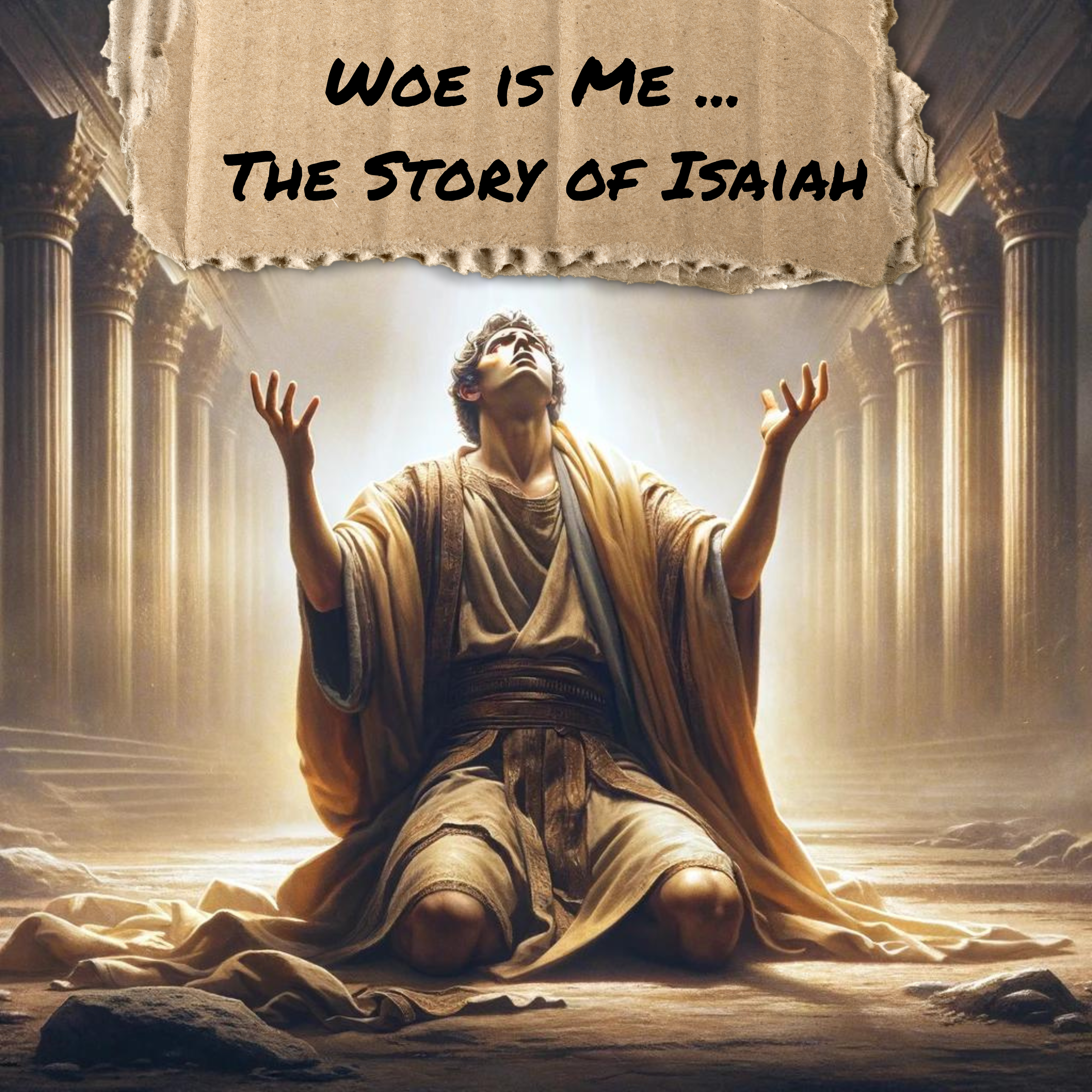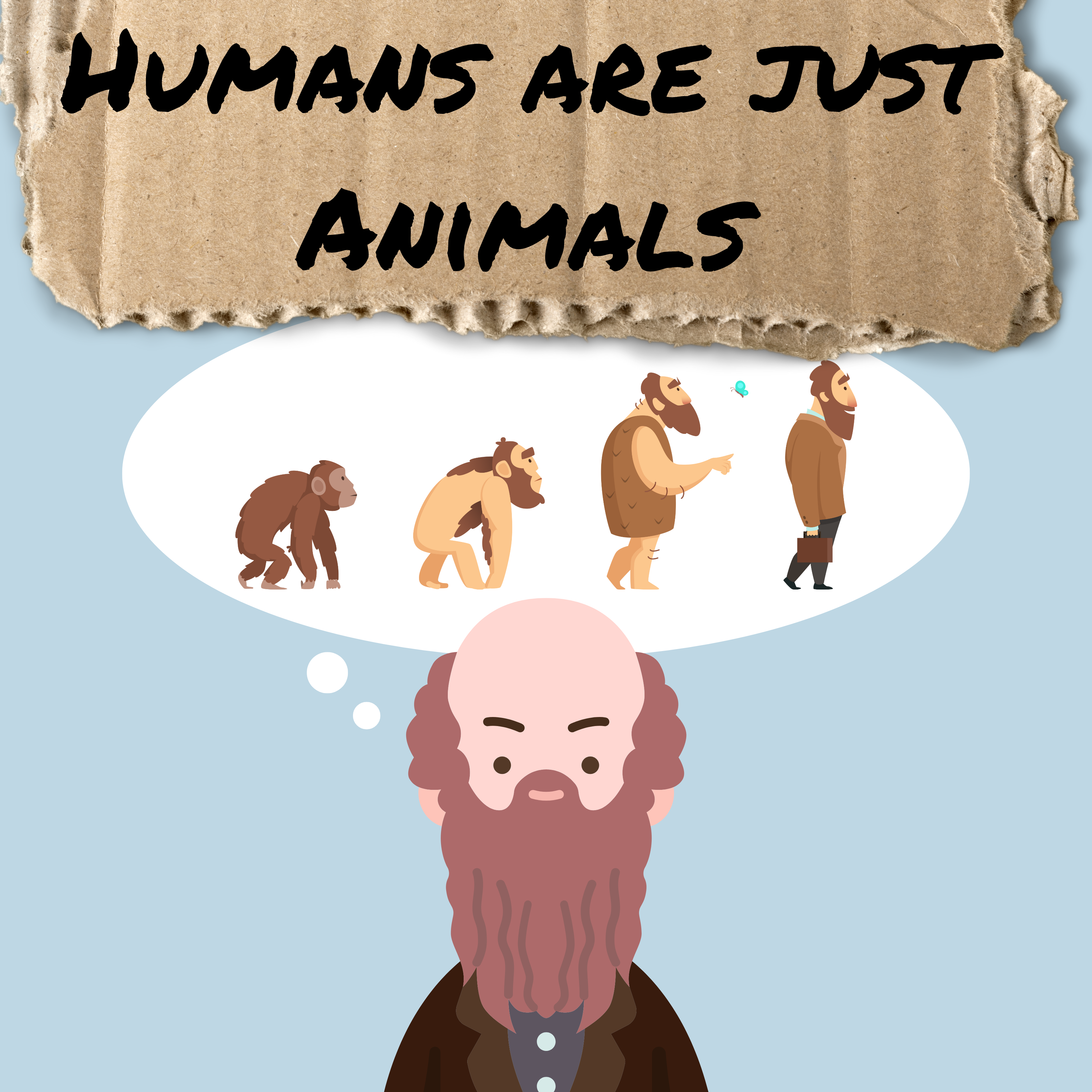
Deconstructing one’s faith, a process characterized by dissecting and often questioning the core tenets of one’s religious beliefs, has become increasingly common in contemporary discourse. While some may argue it leads to a more mature and nuanced understanding, there are significant dangers associated with this journey that can have profound negative consequences on an individual’s spiritual and communal life. The meme featuring the characters from “VeggieTales” can be seen as an illustrative warning: once something has been deconstructed, like the characters ending up in a salad, it may never be put back together in the same way.
The Erosion of Foundational Beliefs
Deconstructing faith often begins with doubt and skepticism toward elements that are not easily reconcilable with modern experiences or knowledge. While questioning can be part of a healthy faith journey, when it becomes the primary lens through which one’s beliefs are viewed, it can lead to the erosion of foundational truths that have withstood centuries of human experience and reflection. This process can strip away the sense of the sacred and reduce rich traditions to mere human constructs without divine significance.
The Loss of Moral and Ethical Bearings
Religious faith provides a framework for understanding right and wrong, good and evil, and for many, it offers a moral compass. Deconstruction can call into question these moral and ethical standards, leading to relativism where absolute truths are dismissed. This can result in moral confusion, where discerning the right course of action becomes challenging, and societal norms may no longer align with one’s actions.
Alienation from Community
Faith is often practiced within a community that shares beliefs, rituals, and a common identity. Deconstructing one’s faith can lead to a disconnection from these communities, resulting in a loss of support systems, mentorship, and the rich tapestry of relationships that have been built around shared convictions. This alienation can have significant emotional and psychological repercussions.
The Danger of a Spiritual Vacuum
In the absence of faith, there is often a vacuum that needs to be filled. The danger lies in what fills this space. Without the grounding of a well-established belief system, individuals may become susceptible to ideologies that promise certainty but deliver dogmatism. The human soul yearns for meaning, and without the guidance of faith, one might unwittingly embrace ideas that are detrimental to personal growth and well-being.
Vulnerability to Nihilism
A significant risk of deconstructing faith is the descent into nihilism, a belief in the meaninglessness of life. If the process of deconstruction leads to the belief that life has no purpose beyond the material and temporal, it can result in hopelessness and despair. This worldview negates the intrinsic value of the individual and can diminish the motivation to pursue virtue, selflessness, and community betterment.
Conclusion
While the pursuit of authenticity in one’s beliefs is commendable, the process of deconstructing one’s faith carries with it the dangers of losing one’s moral compass, becoming disconnected from a community, and falling into spiritual nihilism. It’s essential to approach one’s faith journey with caution, seeking not to dismantle but to deepen one’s understanding and relationship with the transcendent. The “VeggieTales” meme, though humorous, serves as a poignant reminder that some things, once taken apart, can never be whole again. In matters of faith, therefore, it may be wiser to build upon and fortify one’s beliefs rather than to tear them down.






